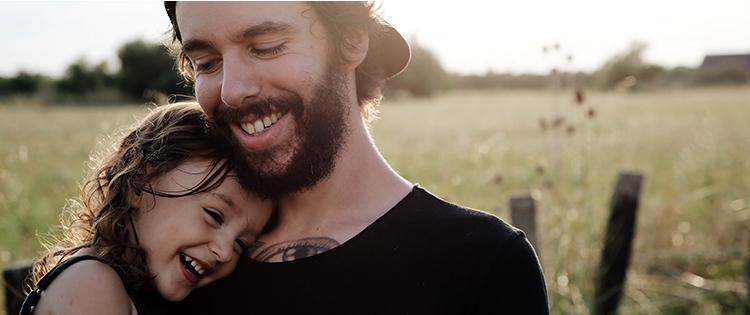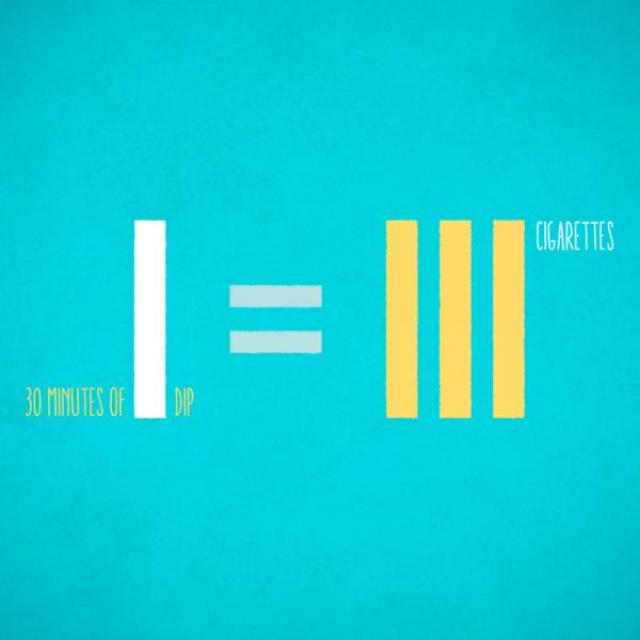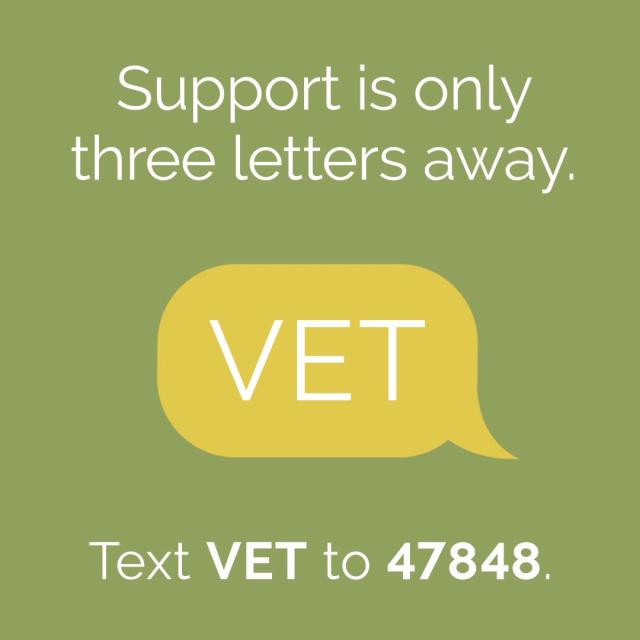It’s a common misconception that smokeless tobacco is a safe alternative to smoking. Chew, dip, snuff, and other forms of smokeless tobacco contain the addictive chemical nicotine, and dozens of other cancer-causing chemicals such as arsenic, lead and formaldehyde. Some chemicals are present in smokeless tobacco at levels as much as 100 times higher than in cigarettes.

A Mouthful of Problems
Smokeless tobacco can cause oral, esophageal and pancreatic cancer. This is in addition to an increase in risk for other health problems, such as heart disease and stroke. And the impact on oral health can be severe:
- Chew and dip wear down teeth, which can lead to cavities and decay in exposed tooth roots.
- The gums can darken and pull away from the teeth, causing teeth to become loose. Since gums don’t grow back this can lead to tooth loss.
- Using dip or chew causes dry mouth, halitosis (bad breath) and stained teeth.
- Smokeless tobacco weakens sense of taste.
Remain Vigilant: Know the Signs of Oral Cancer
Smokeless tobacco can lead to painful sores that can turn into cancer. See a doctor right away for early signs such as:
- Mouth sores that bleed easily and don’t heal.
- A lump in the mouth or on the neck.
- Soreness or swelling that doesn’t go away.
- A white patch that doesn’t go away.
- Trouble chewing, swallowing, or moving your tongue or jaw.
Going From Smokeless to Tobacco-less
Veterans are especially at risk as they’re more than twice as likely to use smokeless tobacco than the general population. An average-sized dip held in the mouth for 30 minutes releases three cigarette’s worth of nicotine into the body. Nicotine remains in the blood longer for smokeless tobacco users, increasing the potential for addiction.
But there’s hope, even for heavy users. After stopping smokeless tobacco use, mouth sores begin to heal, breath will smell better, sense of taste and smell recover, and the rate of gum loss will reduce. After being tobacco free for five years, the risk of oral cancer is cut in half.
You’ve Got Backup
It’s tough quitting on your own. But there are resources that can help Veterans double their chances of quitting chew and dip for good.
- 1-855-QUIT-VET (1-855-784-8838): Free quitline that provides ongoing, individualized support with help from trained counselors.
- SmokefreeVET Text: A text messaging program providing 24/7 support. Text VET to 47848 or enter your information below to sign up.
- Personalized quit plan: Helps you strategize, stay on track, and quit for good.
- Quit medications: Medications can help you double or even triple your chance of quitting for good. Learn about the different types of medications and how they help, or explore different nicotine replacement therapies like the nicotine patch, gum, and lozenge.
- Your VA provider: Reach out to your VA provider for help quitting smokeless tobacco. You can send them a message by signing into My HealtheVet.






